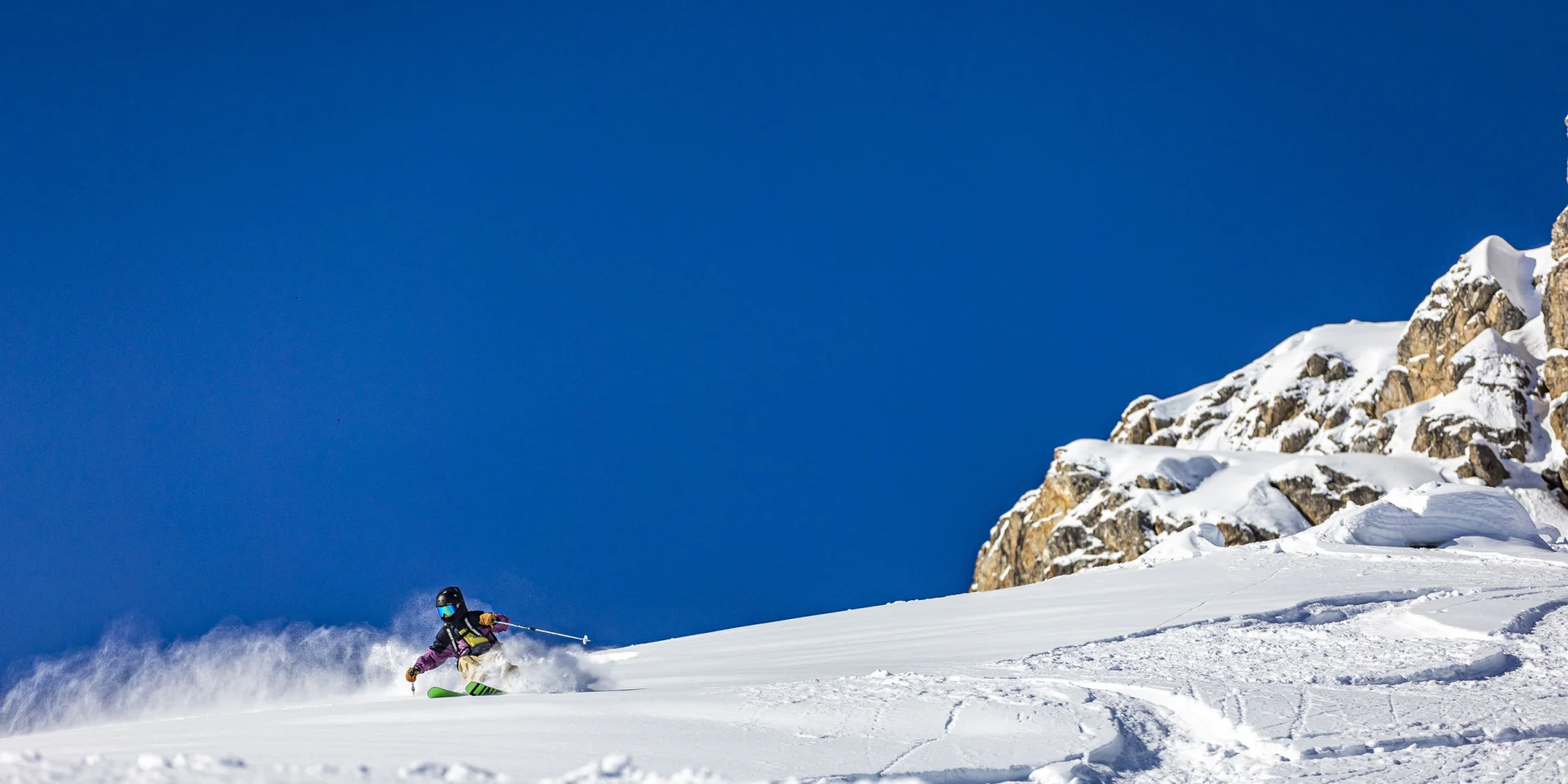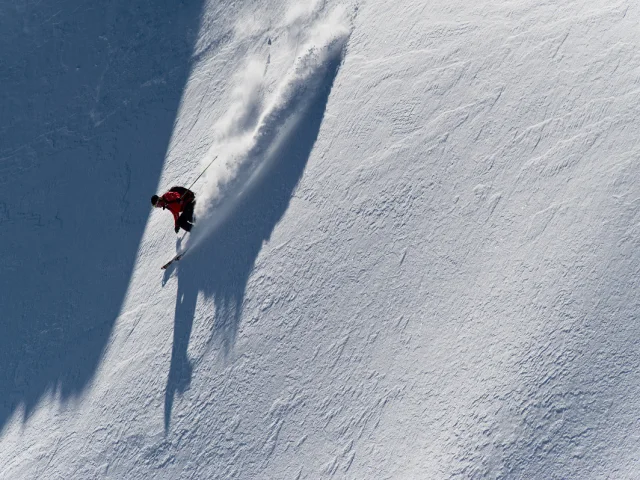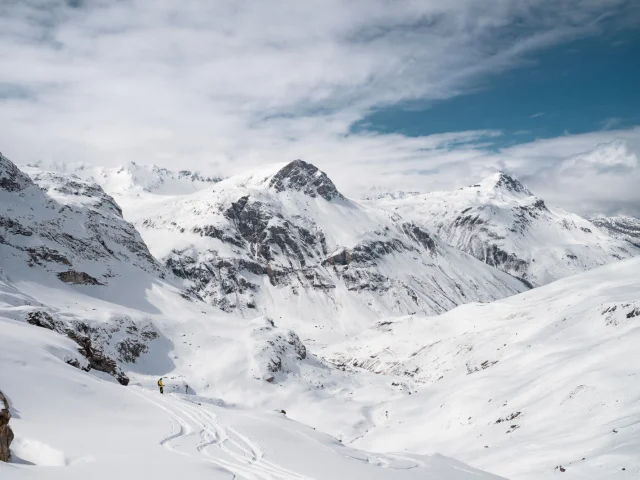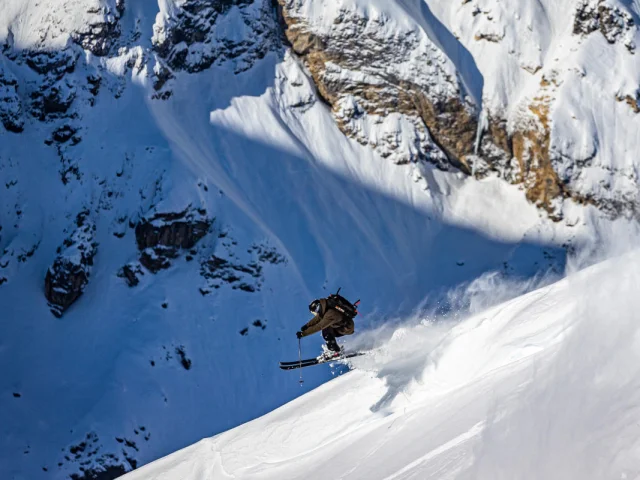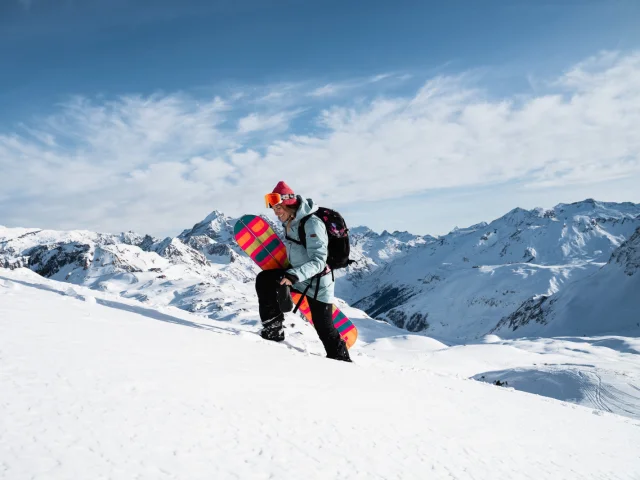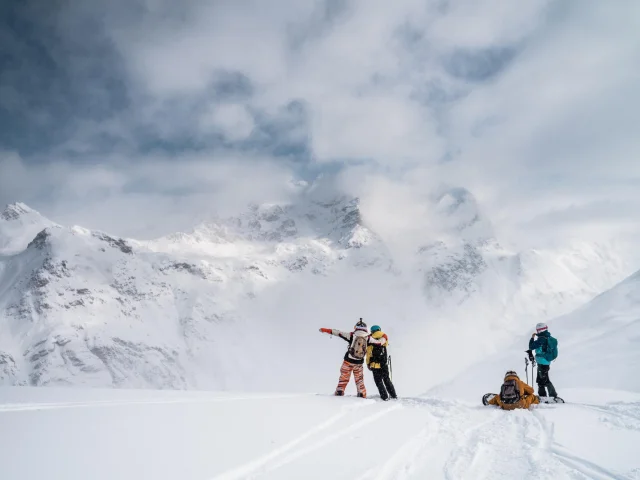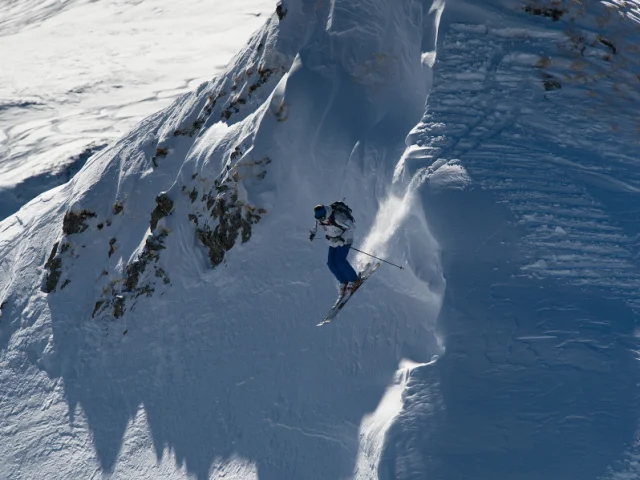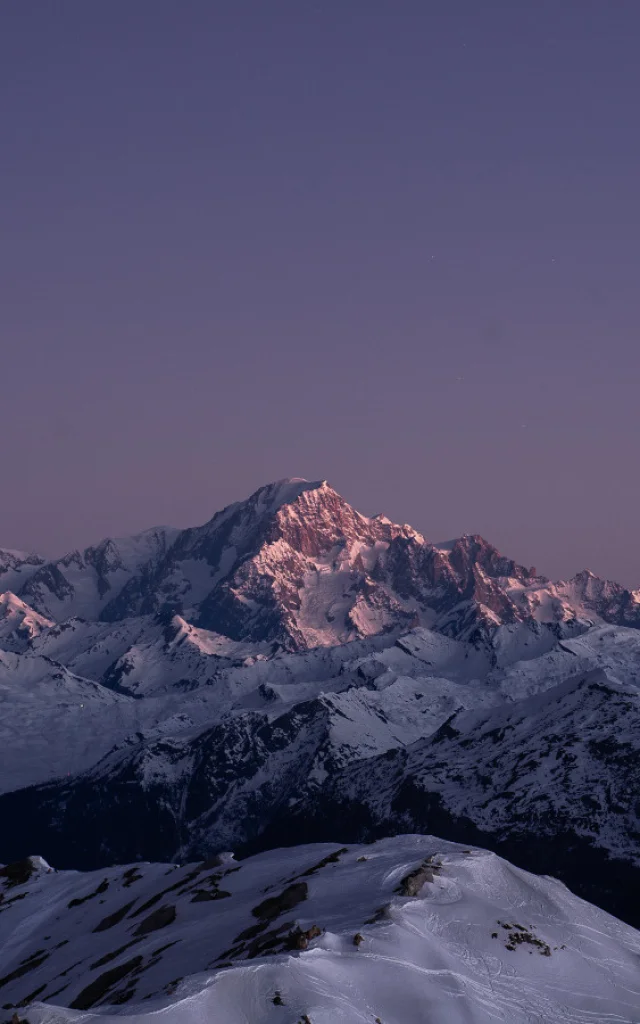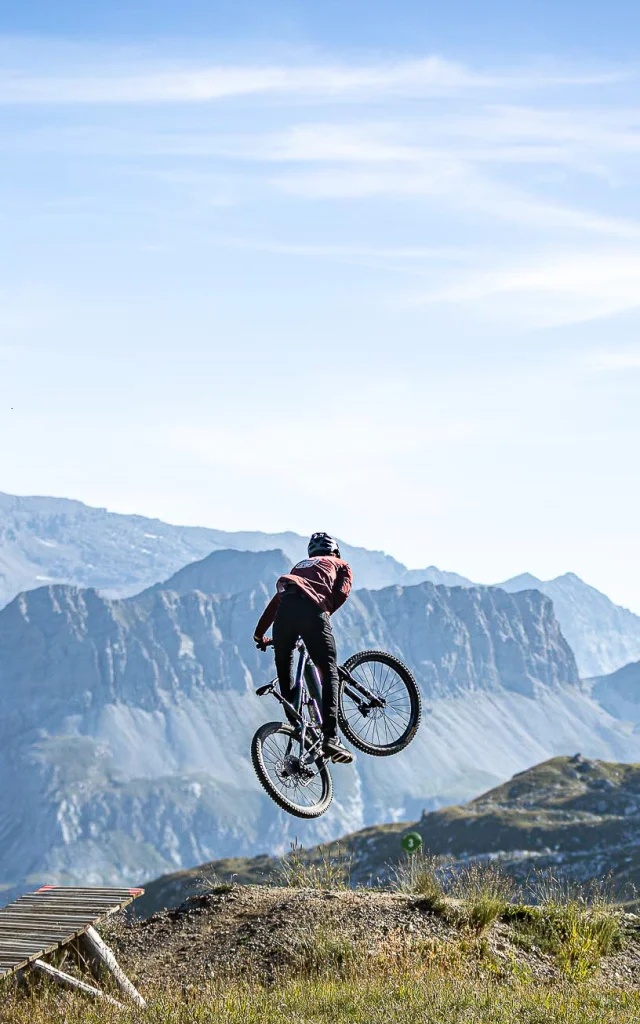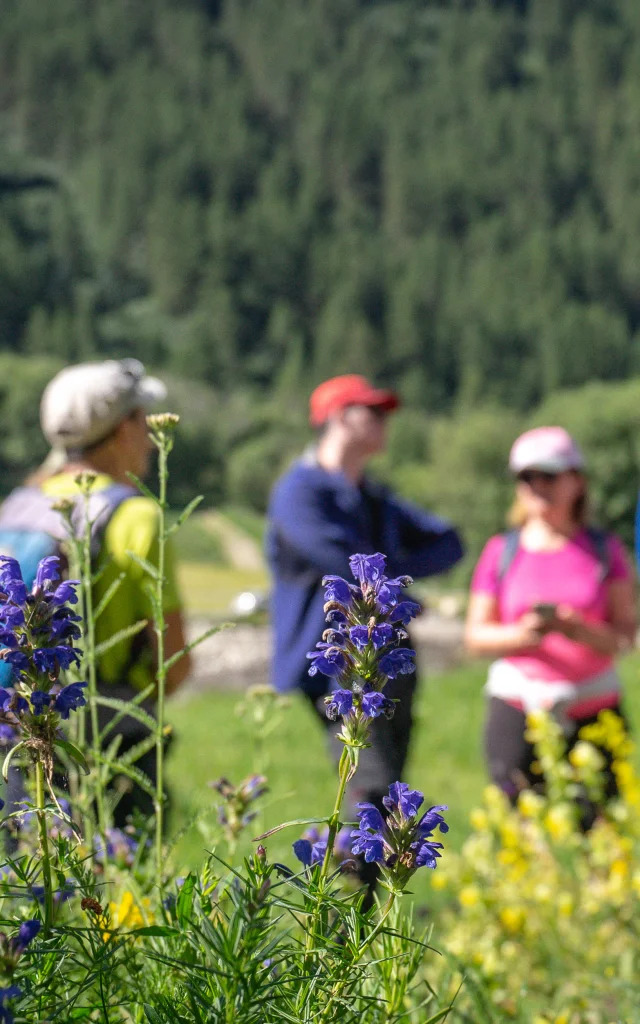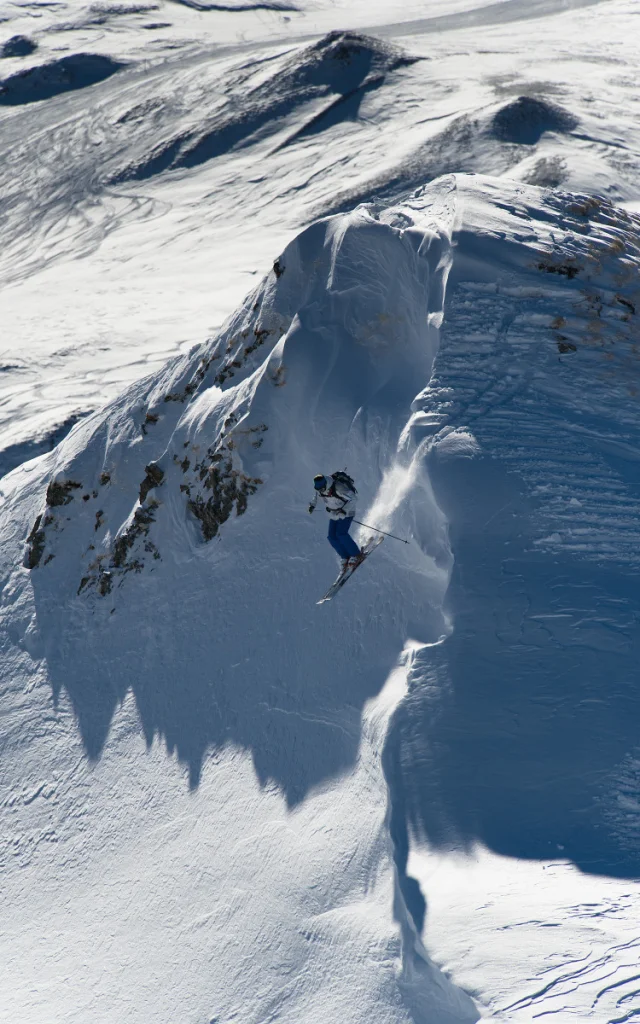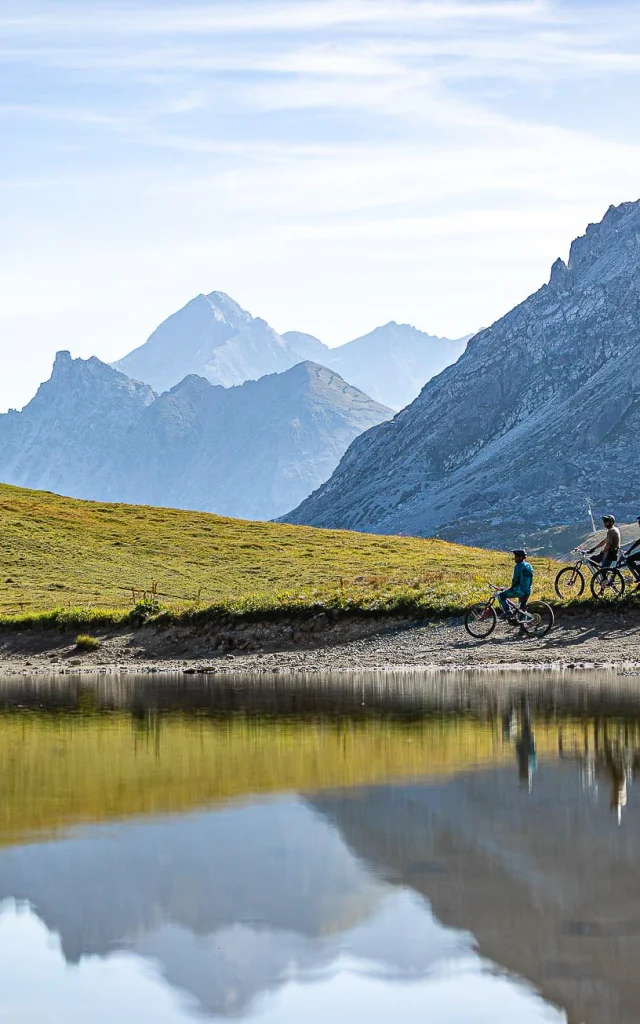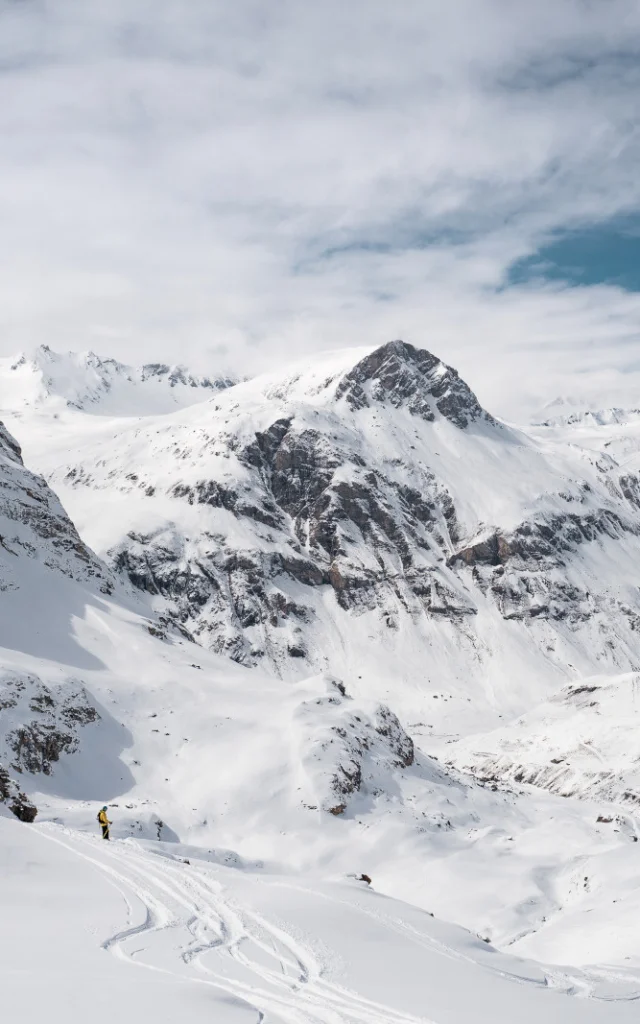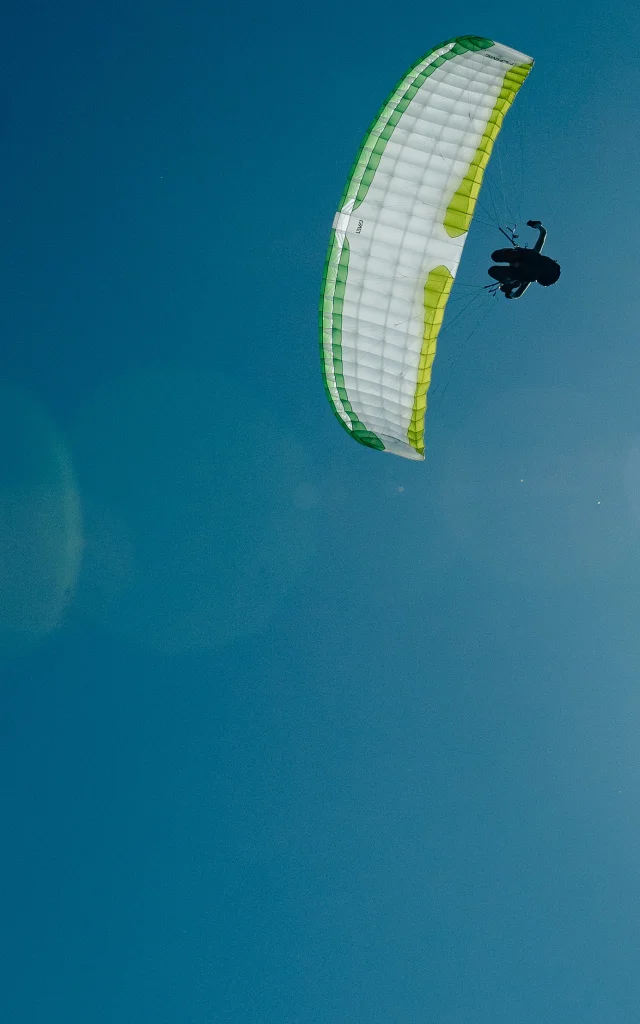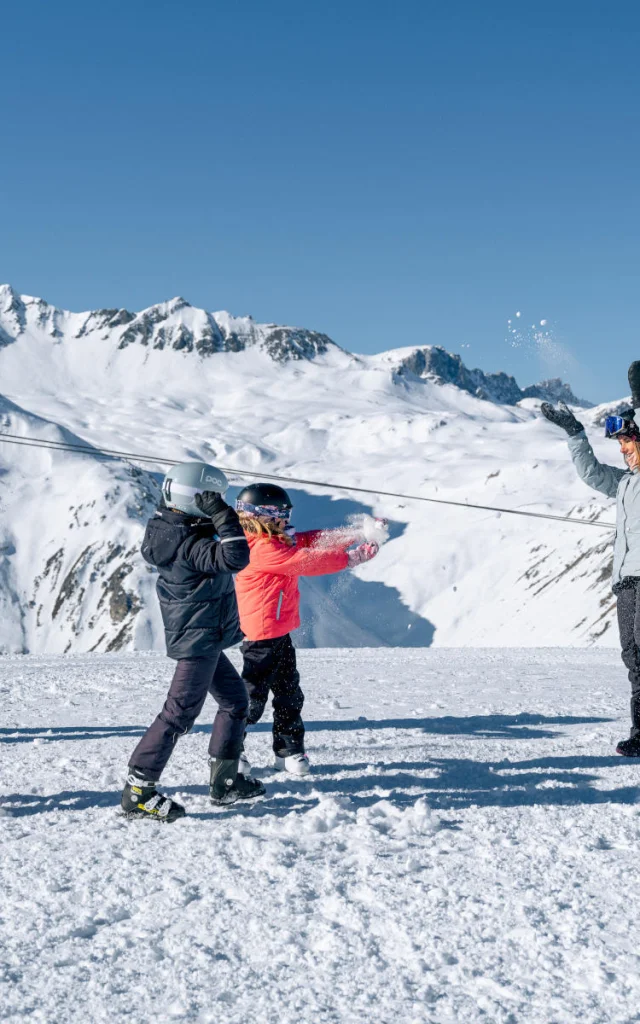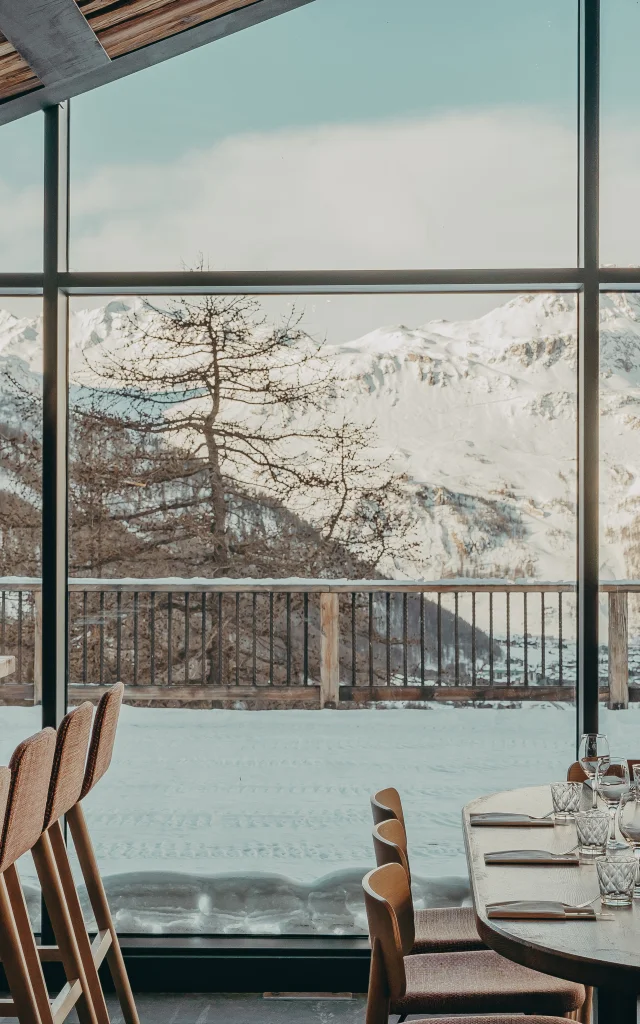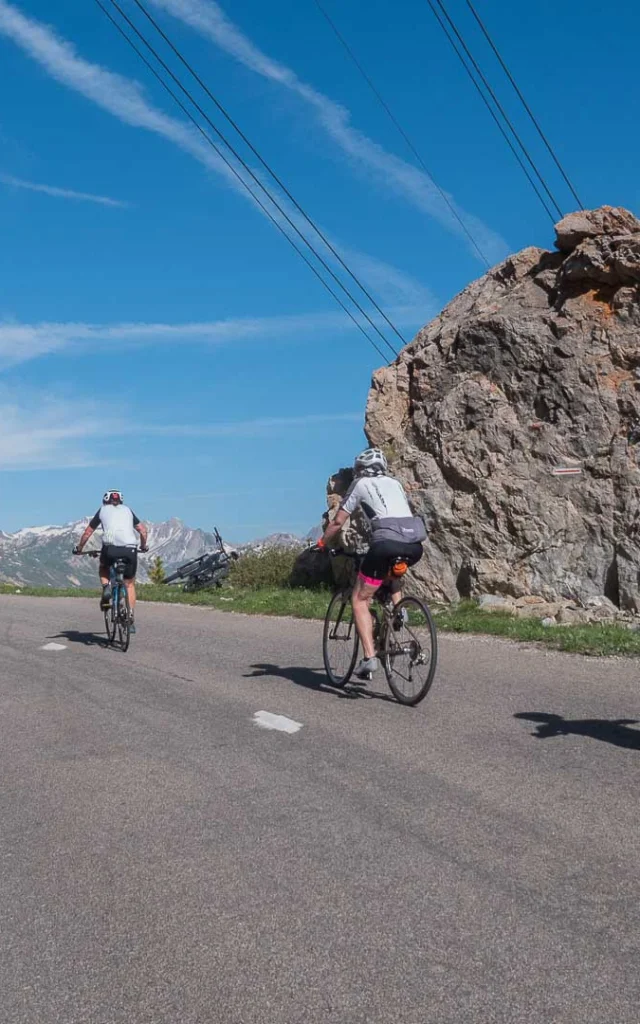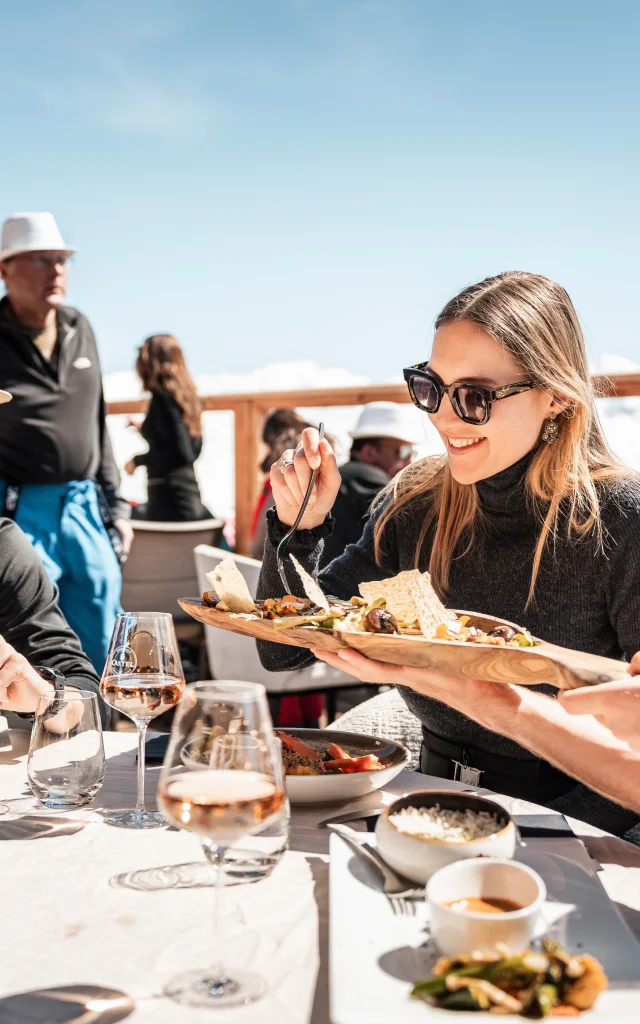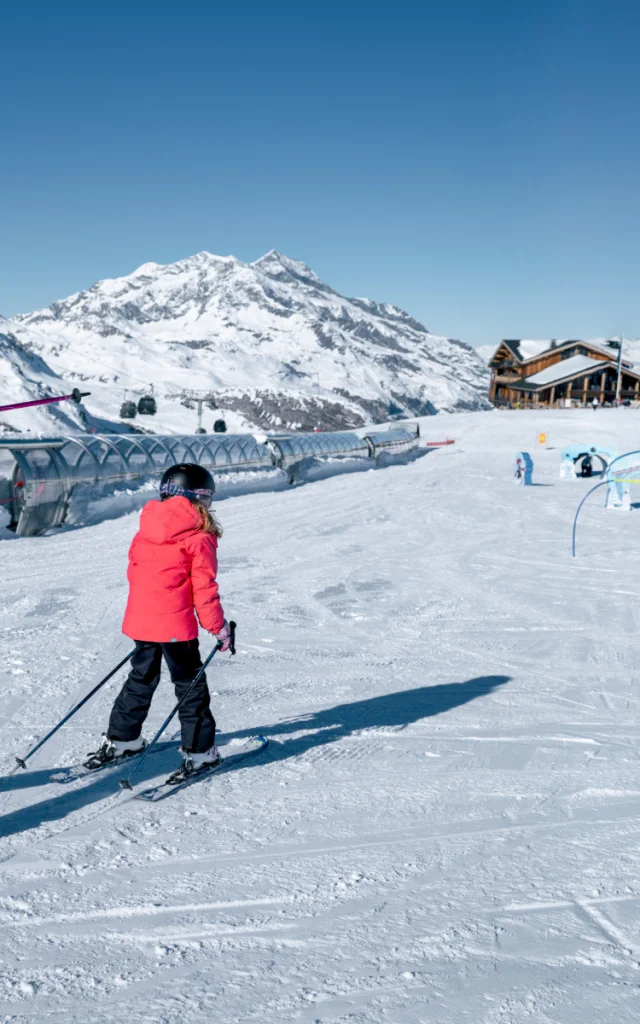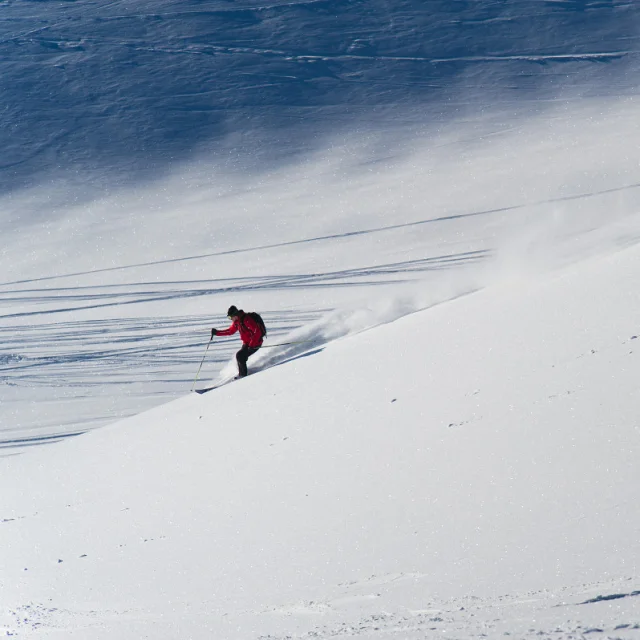 Valdisere 00001563
Valdisere 00001563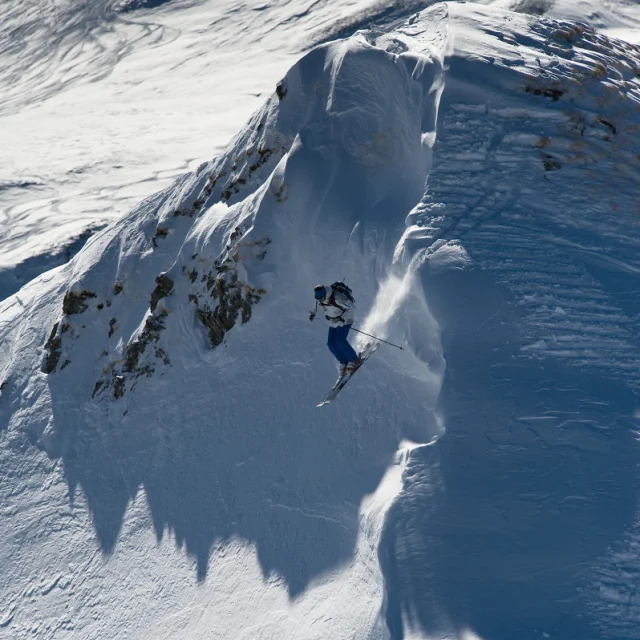 Off-piste jumping
Off-piste jumping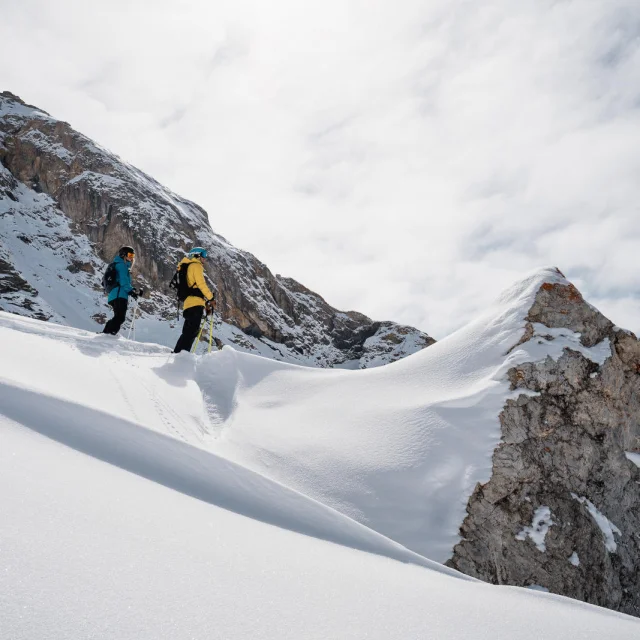 Off-piste with friends
Off-piste with friends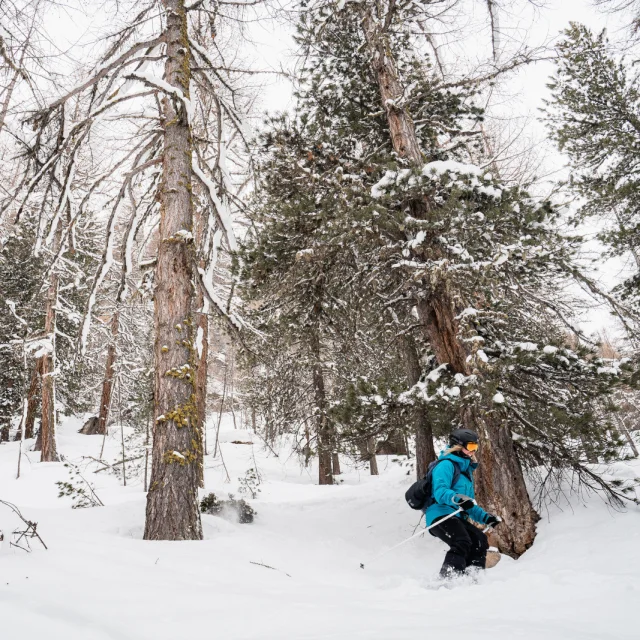 Off-track day
Off-track dayPreparing your ski touring outings
How do you prepare your ski touring outings?
Henry: I start the day knowing that we have to distinguish between two zones when we’re skiing: the marked pistes, where the ski patrols are in charge of our safety, and the off-piste (even 2m from the pistes), where it’s our responsibility to manage the risks.
9 times out of 10, the victim triggers the avalanche. We only have (on average) 15 minutes to survive under an avalanche, so you need to have the right equipment with you (avalanche transceiver, shovel, probe). The advice I can give is:


